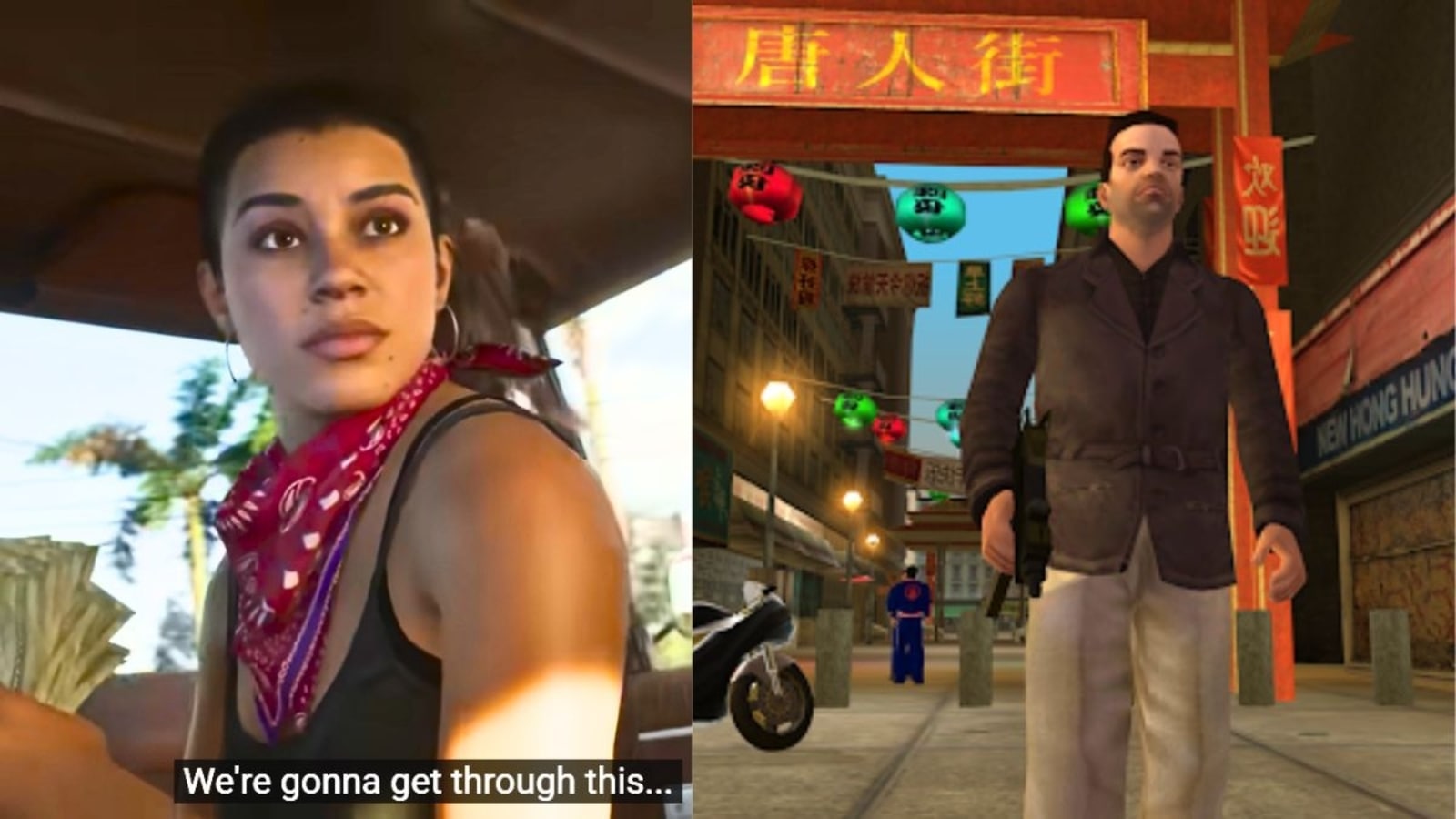The city of Bakhmut became a center of the fighting in the Donbas region of eastern Ukraine, and the site of one of the longest and deadliest battles of the war.
Summer 2022
When two Ukrainian cities in the Luhansk region of eastern Ukraine fell to Russian forces in quick succession last summer, Bakhmut, a city about 30 miles to the southwest, became the next target of Russia’s campaign to secure the whole of the Donbas.
Bakhmut had been a supply hub for Ukrainian fighters in the two Luhansk cities — Sievierodonetsk and Lysychansk — and had been shelled repeatedly by Russian forces, prompting much of Bakhmut’s population of about 70,000 to flee. At that time, however, few expected the city, which was also the site of fierce fighting in 2014, to become the longest-running sustained battle of the war.
Fall 2022
Russia’s assault on Bakhmut relied on tactics employed in previous battles: deploying artillery firepower and trying to take neighboring towns and villages before moving into the city itself.
At the same time, Moscow, which broadly held territory east of the city, cut off supply routes into Bakhmut that Ukrainian forces were using. Severing that access would force the Ukrainian forces to retreat to avoid being surrounded.
In the fall, the two sides fought nearby, and the shelling of the city intensified.
December 2022
In a national address, President Volodymyr Zelensky of Ukraine accused Russia of turning Bakhmut into “burned ruins.” Among Ukrainians, the phrase “hold Bakhmut” became a rallying cry, and the defense of the city increasingly became a national symbol of resistance.
January 2023
Russian forces captured the village of Klishchiivka, south of Bakhmut. Ukrainian forces had deemed it key to Bakhmut’s defense because the village lies on high ground east of roads into the city that were crucial for resupplying the forces defending the city.
Ukrainian forces retreated from the town of Soledar, northeast of Bakhmut, enabling Russian forces to tighten their grip near the city. Russia later claimed to have seized a handful of villages near Soledar, further imperiling resupply routes into Bakhmut.
February 2023
The situation grew dire for the Ukrainians, with their main remaining supply route — which one general called the “last breathing tube” — coming under increasing attack from Russian forces. A U.S. intelligence assessment from the time, leaked online in April, said that as of Feb. 25, Ukrainian forces in the city “were almost operationally encircled.”
Mr. Zelensky told Ukrainians that “the situation is getting more and more difficult,” and Ukraine’s military barred aid workers and other civilians from entering Bakhmut for safety reasons, a decision that was seen as a prelude to a possible withdrawal.
But Ukraine sent in reinforcements, including a variety of elite units, and managed to push Russian forces back far enough to allow resupply of soldiers in the city and evacuation of the wounded.
March 2023
The commander of Ukraine’s ground forces, Col. Gen. Oleksandr Syrsky, twice visited soldiers in Bakhmut and said that Russia was putting its “most prepared units” into the fight.
The Wagner mercenary force, which helped lead Russia’s assault on the city, took control of most of eastern Bakhmut, leaving the Bakhmutka River, which runs north to south through the city’s center, as the new front line. Yevgeny V. Prigozhin, the Wagner group’s founder, said: “The pincers are closing.”
April 2023
In fierce urban combat, Ukrainian forces defended a western pocket of the city that was just 20 blocks wide, steadily shrinking and relentlessly pounded by artillery.
Russia stepped up its attacks on Bakhmut with artillery and airstrikes, Ukraine said, even as Kyiv’s forces fought to keep a grip on vital roads leading west out of the city, their last major resupply and evacuation route.
May 2023
Mr. Prigozhin threatened to withdraw his fighters from Bakhmut on May 10 due to a lack of support from Russia’s Ministry of Defense, but appeared to backtrack two days later in saying he had been promised as much ammunition and weaponry as needed to continue the fight.
In mid-May, Ukrainian forces managed to take back some territory to the north and south of Bakhmut even as Russian forces continued their assault within the city limits.
On May 20, Mr. Prigozhin claimed the city was fully under Wagner control, which Russia’s Defense Ministry later echoed. Ukraine’s top military commander then conceded that only a small contingent of troops was still defending Bakhmut.

























